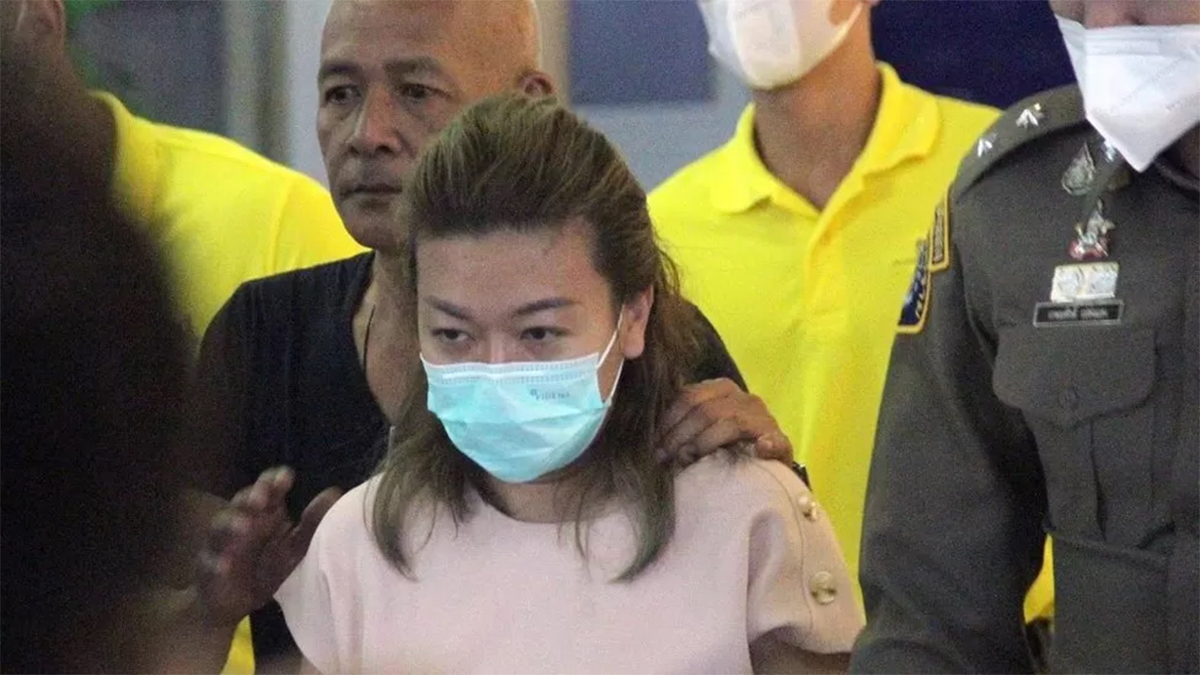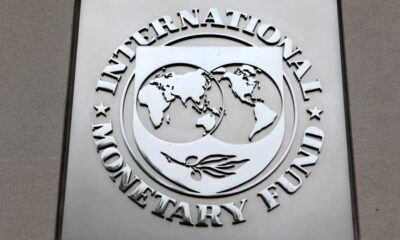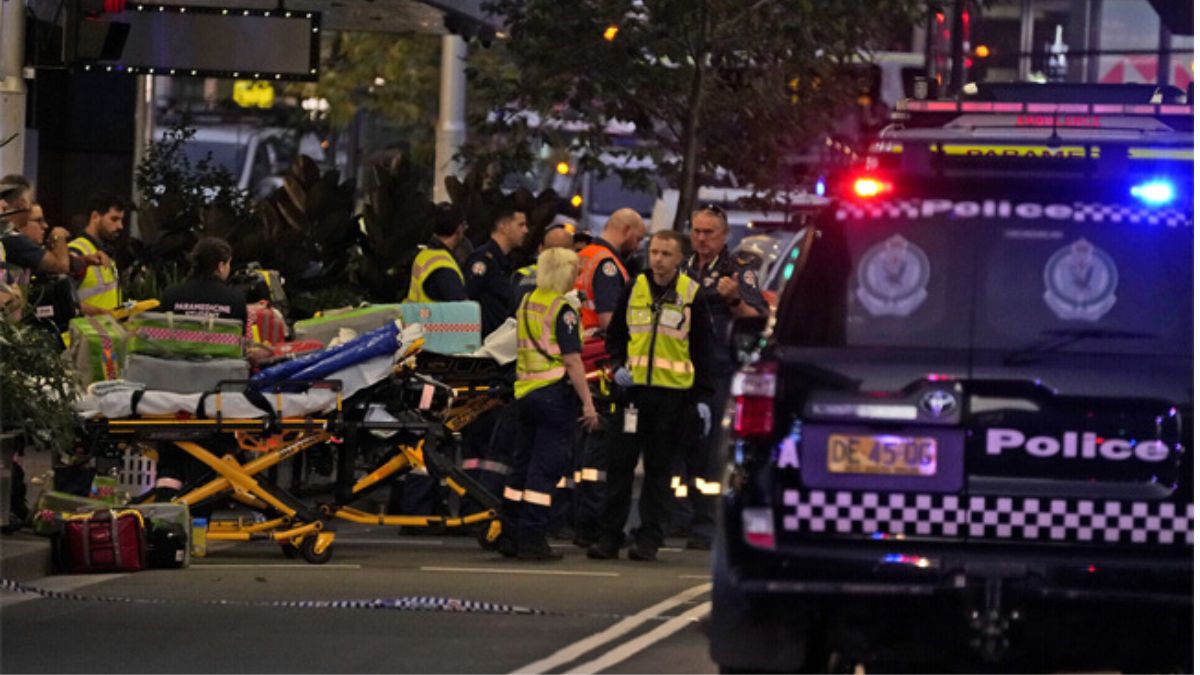Thai police say they have arrested a woman suspected of killing 12 of her friends and acquaintances by poisoning them with cyanide.
Sararat Rangsiwuthaporn was arrested in Bangkok on Tuesday following recent inquiries into a friend’s death.
The victim’s family had raised suspicions after she died on a trip with Sararat earlier this month.
Following inquiries, police this week said they believed Sararat had killed 11 others, including an ex-boyfriend.
Police allege she killed for financial reasons. Sararat has denied all the charges. Thai authorities have denied her bail.
Two weeks ago, she had travelled with her friend to Ratchaburi province, west of Bangkok, where they had taken part in a Buddhist protection ritual at a river, police said.
Shortly after, her friend Siriporn Khanwong collapsed and died on the riverbank.
Traces of cyanide were found in her body during the autopsy, police said. Her phone, money and bags were also missing when she was found.
Authorities said the other alleged victims had died in a similar way, but did not disclose further information. The murders began in 2020, they said.
They also didn’t identify all of the victims, but named Sararat’s former partner, as well as two female police officers, among the dead.
Thai police have also questioned Sararat’s partner- a senior police officer in Ratchaburi province, where her friend died. The pair have recently split, Thai media reported.
Police said Sararat knew all of the victims and she may have been motivated by financial reasons.
One friend, who police believe was targeted, had loaned her 250,000 baht (£5,900; $7,300) police said. The woman had vomited and fainted after having lunch with Sararat but survived.
Relatives of victims had also reported missing jewellery and cash, police said.
But the families had not suspected foul play at the time, officers said, indicating that evidence gathering could be a challenge. Some bodies had also been cremated, police said.
Cyanide can be detected in corpses several months after death, if a lethal amount was used.
The poison starves the body’s cells of oxygen, which can induce heart attacks. Early symptoms include dizziness, shortness of breath, and vomiting.
Its use in Thailand is heavily regulated and those found to have unauthorised access face up two years in jail.
(BBC News)
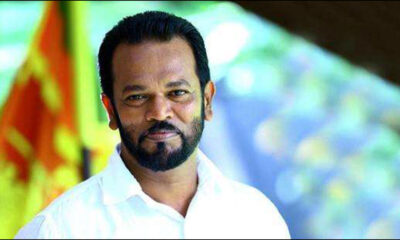
 News2 days ago
News2 days ago
 News3 days ago
News3 days ago
 News5 days ago
News5 days ago
 World1 day ago
World1 day ago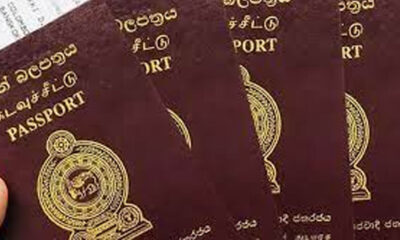
 News2 days ago
News2 days ago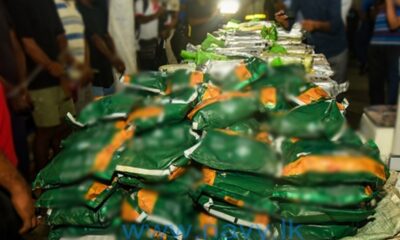
 News4 days ago
News4 days ago
 News3 days ago
News3 days ago
 News1 day ago
News1 day ago

